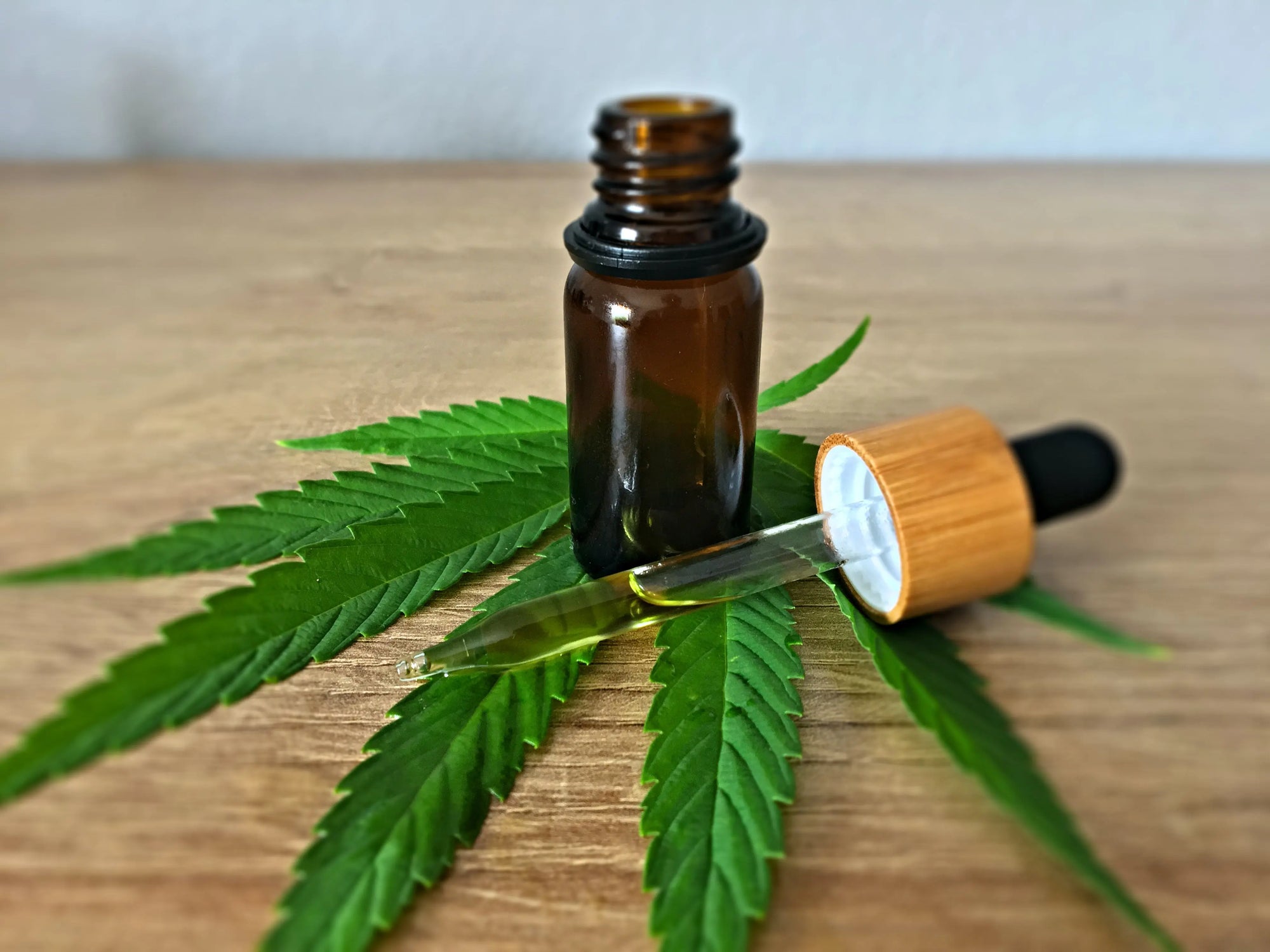

Question: "Is Hemp legal in my state? I don't want to get in trouble with the law."
Hemp was once a widely cultivated and important crop in the United States, but it was banned in the 1930s due to its association with marijuana. However, in recent years, there has been a push to legalize hemp and make it once again a viable and important crop in the United States. As of 2021, hemp is legal in all 50 states in the United States, although there are still some restrictions on its cultivation and use.
One of the main reasons hemp was made legal in all 50 states was due to the passage of the 2018 Farm Bill. This bill legalized the cultivation and use of hemp on a federal level, removing it from the list of controlled substances and allowing it to be treated like any other agricultural commodity. Prior to the 2018 Farm Bill, hemp was only legal in certain states, and there were strict regulations on its cultivation and use.
One of the main provisions of the 2018 Farm Bill was to create a regulatory framework for the production and sale of hemp-derived products, such as CBD oil and other cannabidiol (CBD) products. This framework included requirements for licensing, testing, and labeling of hemp products, as well as provisions for research and development of new hemp products.
In addition to the 2018 Farm Bill, there are also state-level laws and regulations that govern the cultivation and use of hemp. These laws vary from state to state, but they generally outline the rules and regulations for growing, processing, and selling hemp products within each state. Some states have more stringent regulations than others, but overall, the legal status of hemp is relatively consistent across the United States.
One reason for the push to legalize hemp was due to its potential economic benefits. Hemp is a highly versatile plant that can be used to produce a wide range of products, including clothing, paper, building materials, and biofuels. The hemp industry has the potential to create new jobs and boost the economy in states where it is grown and processed. In addition, hemp is a sustainable and environmentally friendly crop that can help to reduce the environmental impact of agriculture.
Another reason for the push to legalize hemp was due to its potential health benefits. Hemp contains a number of compounds, including CBD, that have been shown to have a range of therapeutic effects. CBD, or cannabidiol, is a non-psychoactive compound found in hemp and marijuana that has been shown to have a range of potential health benefits, including reducing anxiety and stress, improving sleep, and reducing inflammation. Hemp-derived CBD products, such as oils, tinctures, and topicals, are widely available and are becoming increasingly popular as a natural alternative to traditional medications.
In conclusion, hemp is legal in all 50 states in the United States due to the passage of the 2018 Farm Bill, which legalized the cultivation and use of hemp on a federal level. In addition, there are state-level laws and regulations that govern the cultivation and use of hemp, which vary from state to state. The legal status of hemp is relatively consistent across the United States and is driven by its potential economic benefits, its versatility as a crop, and its potential health benefits.


